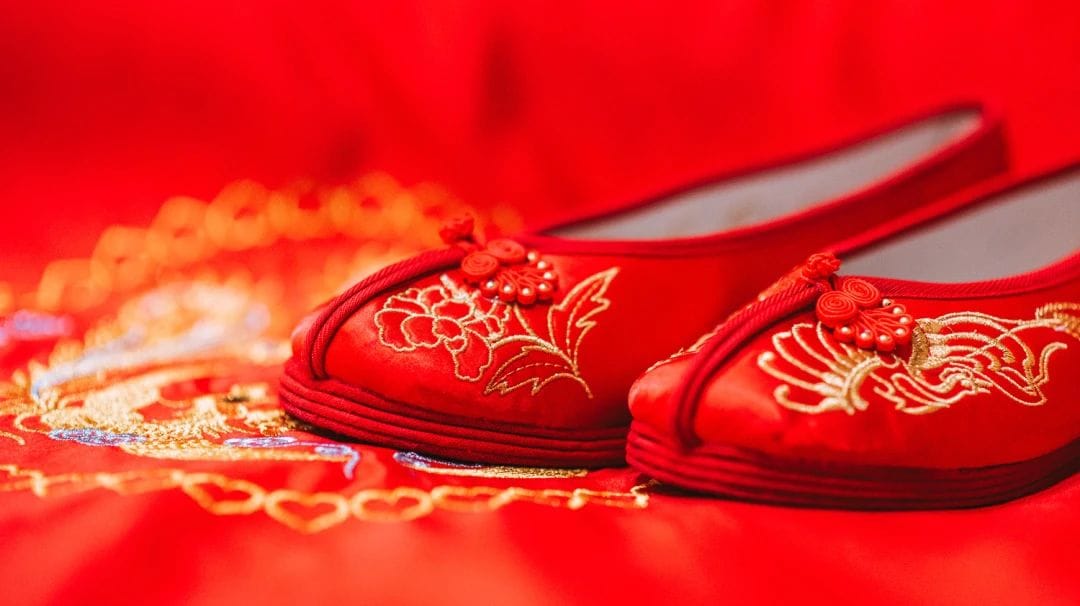
According to a recent report by the Dali Prefecture Government in Yunnan, the Dali Prefecture Civil Affairs Bureau has identified 32,844 unmarried men between the ages of 35 and 55 across the region. In response to a proposal from members of the Chinese People’s Political Consultative Conference (CPPCC), the local government is taking steps to address the marriage challenges faced by these older unmarried men. The approach includes both arranged introductions and opportunities for voluntary romantic relationships.
The Civil Affairs Bureau, along with local organizations like the Communist Youth League and the Women’s Federation, is establishing educational platforms to promote marriage and family values among rural youth. Additionally, they are creating dating and marriage service platforms. Female officials are being appointed as “public matchmakers” to provide free matchmaking services for unmarried youth. The government is also expanding physical service sites and utilizing New Era Civilization Practice Centers, cultural activity centers, and parks to create “matchmaking corners” and “matchmaking parks.” These venues will offer free services such as social events, dating opportunities, and marriage consultations specifically targeted at older unmarried men. Regular matchmaking events will be held for different age groups, and rural men will be encouraged to participate in healthy group activities like sports, hobbies, skill development, and social services to increase their chances of finding a partner.
Dali is also working with social organizations and community groups to broaden the avenues through which rural youth can find partners. The government encourages foreign women married in China to act as legal representatives of matchmaking venues and supports matchmaking agencies that successfully arrange marriages, providing operational funding when necessary. A volunteer matchmaking team is being established at the county, town, and village levels, comprising enthusiastic party members, cadres, and local residents eager to assist with matchmaking efforts. A communication group will also be created to manage information on older unmarried youth and provide more accurate and free matchmaking services. To support these initiatives, the Dali Prefecture Civil Affairs Bureau is collaborating with Dali Yue Lao Matchmaking Co., Ltd. to offer services within enterprises. Currently, 23 public matchmaking points have been established in the prefecture, with 60 matchmakers covering all eight counties and cities in the region.
The local government has also launched a comprehensive survey to address the marriage issues of older unmarried men. A special task force within the Dali Prefecture Civil Affairs Bureau has been established to ensure proper management of these issues. As of September 2023, 32,844 unmarried men aged 35-55 have been identified. Based on this survey, specific measures have been proposed, resulting in a coordinated effort across various departments to tackle the issue.
Moving forward, the Dali Prefecture Civil Affairs Bureau plans to organize matchmaking events aimed at addressing the marriage issues of older unmarried men. Events will be scheduled in various townships during special occasions, such as “5.20” (a popular date in China for expressing love) and the Qixi Festival, to help resolve the marriage difficulties of older unmarried youth through both government-arranged and voluntary romantic relationships. Additionally, the Dali Prefecture Federation of Trade Unions plans to organize 13 more “Gathering for Good Match” events for single workers in 2024, promoting healthy marriage values among young men and women and helping to increase the marriage rate.
Previously, Majiang County in Qiandongnan Prefecture, Guizhou, conducted a survey on older unmarried men in rural areas. In December of last year, the Majiang County Government Office reported that a preliminary survey had identified 2,057 unmarried men aged 40-49, 1,133 aged 50-59, and 475 aged 60 and above. Among them, 303 were classified as needing special care, with 48 receiving concentrated assistance.
In response, the local Human Resources and Social Security Department has increased various skills training programs, conducting 841 training sessions since 2023. The department also organized job fairs and utilized community and village officials to provide public services such as policy consultations, career guidance, job placements, and entrepreneurship support for older men willing to work. In the first half of 2023, 76 employment services were provided to older men, and 1,257 were directed towards migrant work, increasing their income and boosting their confidence in marriage.
The local government has outlined specific actions for older unmarried men in rural areas: (1) In collaboration with the Youth League and the Women’s Federation, the Civil Affairs Department will organize at least one matchmaking event each year during special holidays to expand social interactions for unmarried youth and create matchmaking opportunities; (2) Men aged 60 and above who qualify for special care will be included in special support programs to ensure their basic living needs are met and will be encouraged to enter elderly care institutions; (3) The government will improve social welfare services for the elderly, particularly for those living alone, empty-nesters, or those in scattered support arrangements, by purchasing services from social workers to provide daily visits and care; (4) Efforts will be made to enhance elderly care facilities. Currently, the county has 46 elderly care facilities, including a comprehensive elderly care building, two community elderly care service centers, four township elderly homes, and 37 rural happiness homes. The Civil Affairs Department is exploring the establishment of a “1+2” urban elderly care service model and a “1+N” rural elderly care service model, extending services from urban to rural areas and creating an integrated urban-rural elderly care system. The government is also working with the Housing and Urban-Rural Development Bureau and the Natural Resources Bureau to ensure that elderly care facilities are integrated into residential areas, aiming to create a “15-minute” elderly care service circle that effectively addresses the living and entertainment needs of special elderly populations in rural areas.
